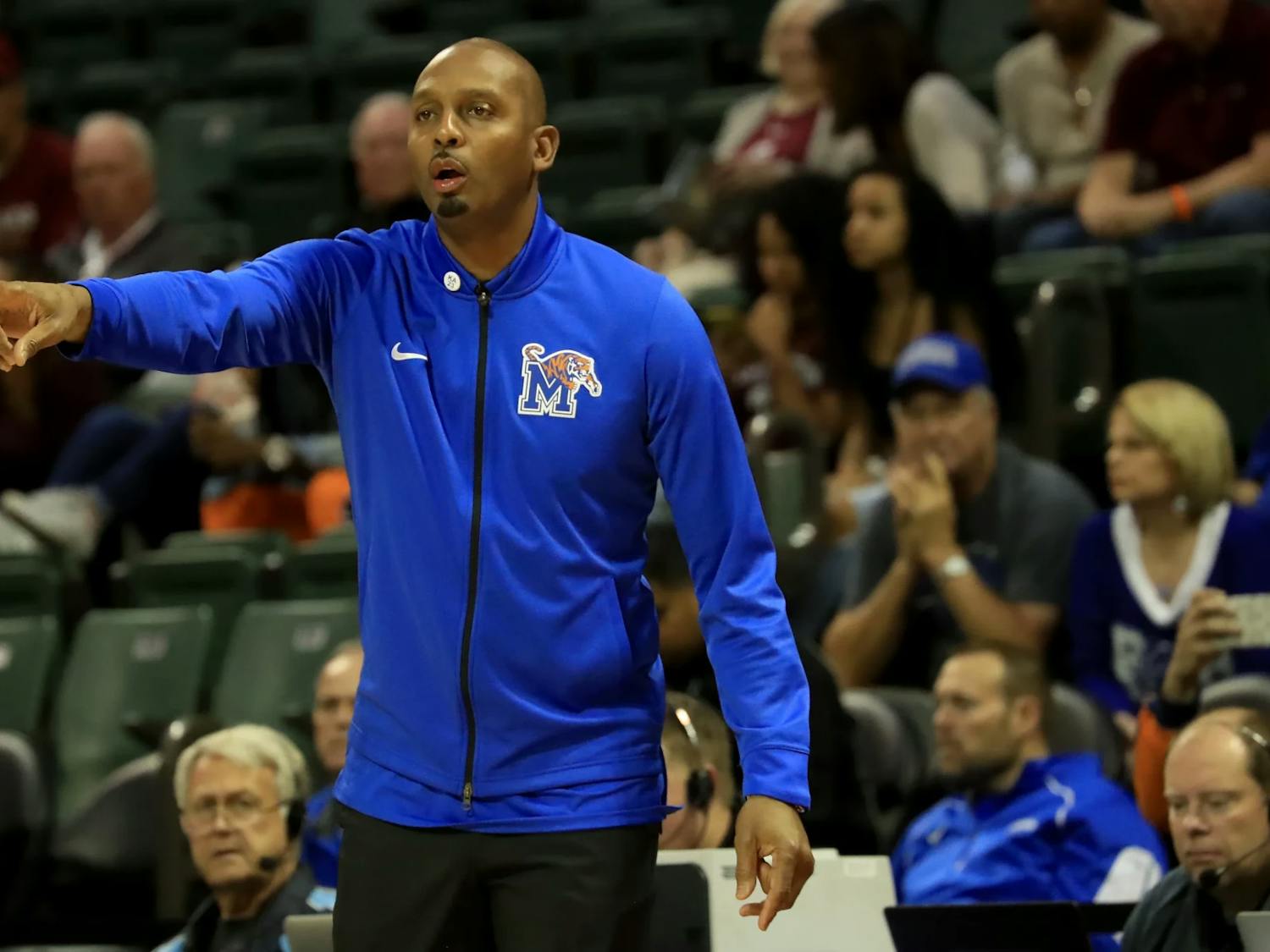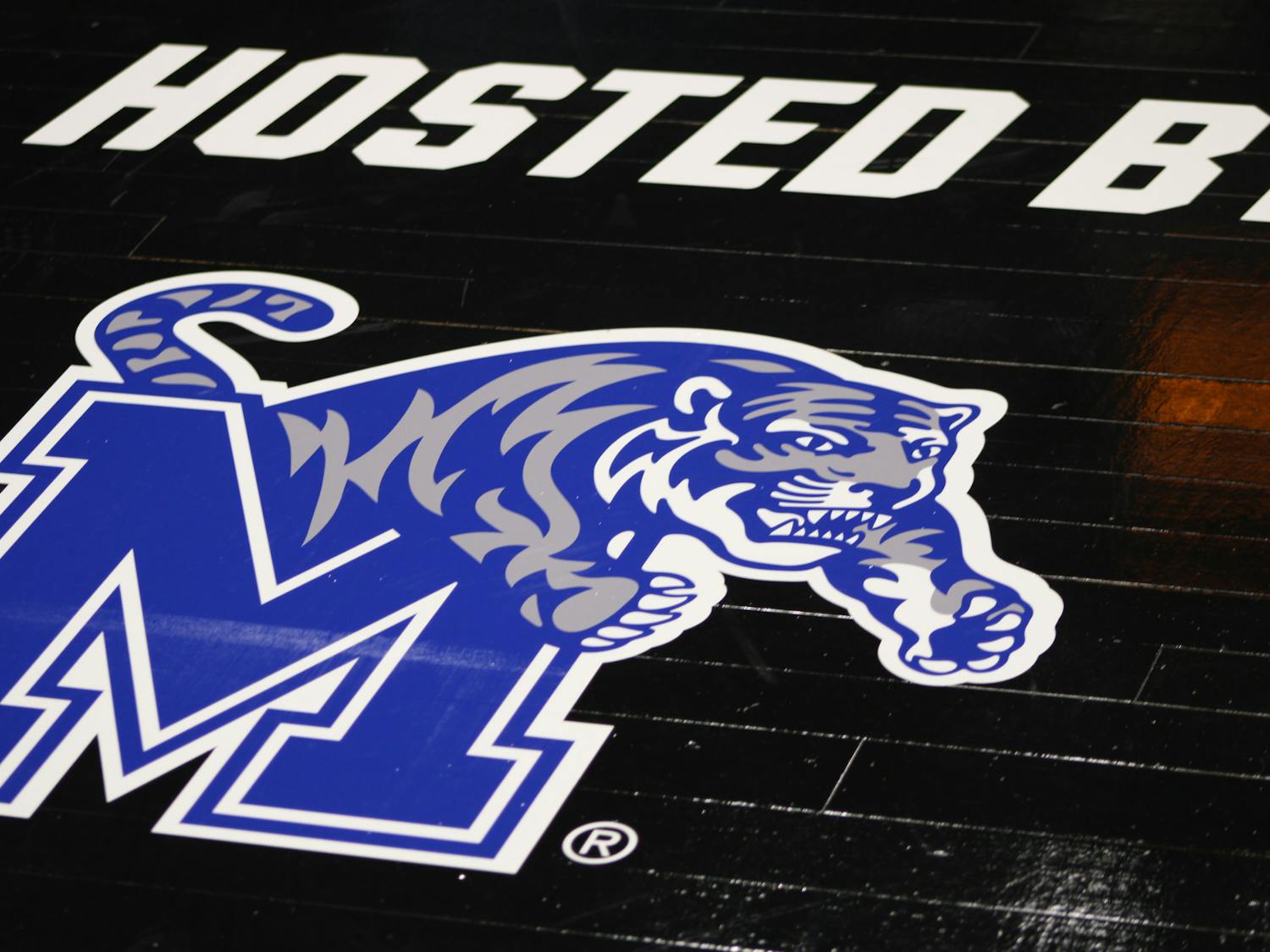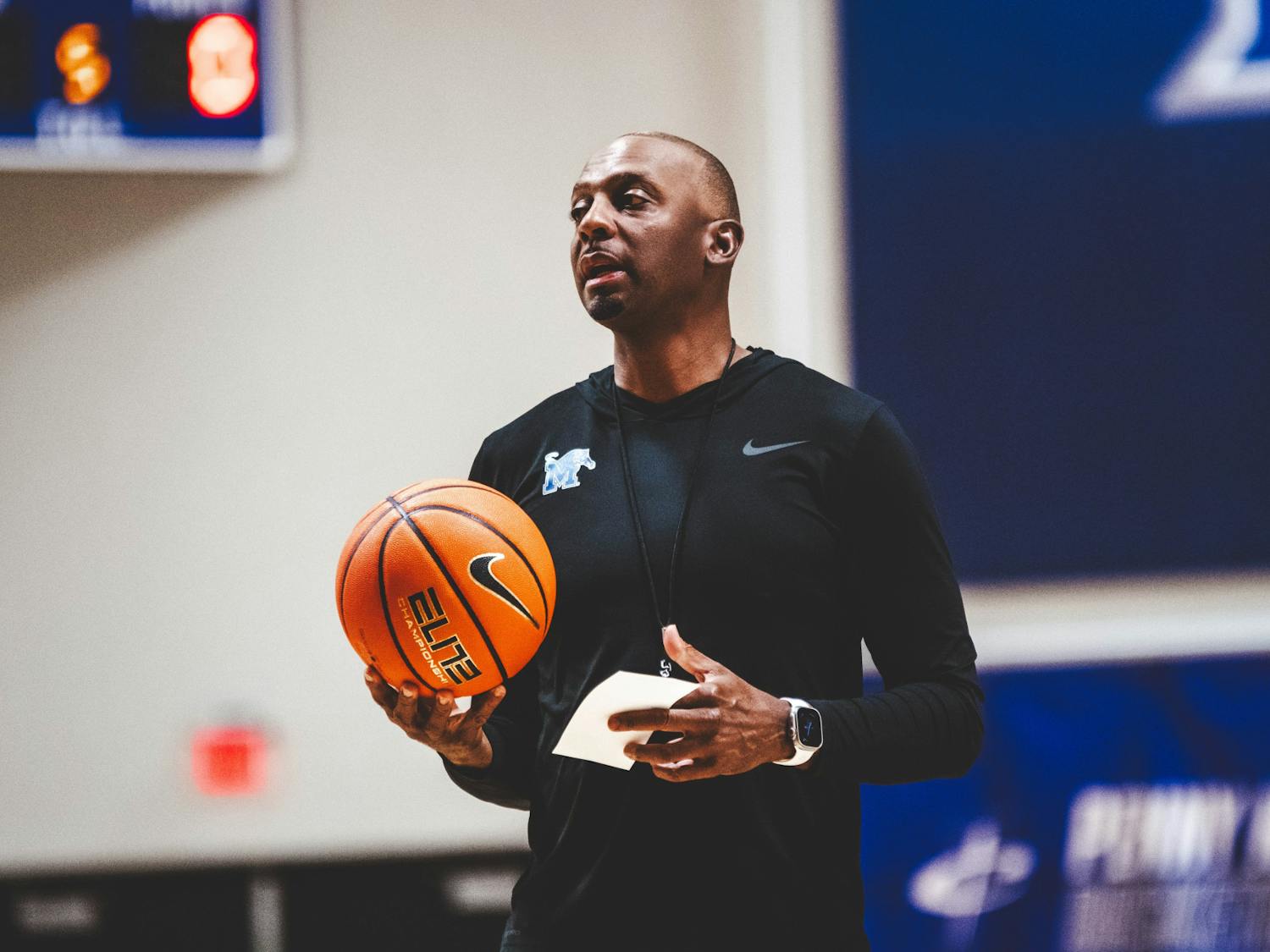College students who grew up in food-insecure homes, identify as racial and ethnic minorities, live off-campus and attend college in urban areas are significantly more likely to report food insecurity, according to a study by researchers at the University of Iowa and University of California.
The 2018 study, led by Katharine M. Broton, Kari E. Weaver and Minhtuyen Mai looked at the daily experience of food insecurity and how it varies between different backgrounds. The research found that 1 in 3 of the college students sampled were cutting or skipping meals due to a lack of money and time.
“When a student is unsure whether they can afford an adequate meal, the negative toll quickly overtakes them. This disruption affects a student’s mental, physical and academic performance. The results can lead to failing class, mental instability, weight loss — the list goes on,” said Jeston Gardner, a student at the University of Memphis.
Food insecurity is an issue that can affect any college student. However, the study found that some groups are more likely to have this experience, such as racial and ethnic minorities.
“I do find this research to be accurate. While I am white and grew up with white parents, it is more likely that racial and ethnic minorities experience food insecurity. I believe that is mostly due to the systemic racism we find in our country today that puts people of color onto food stamps and then judges their whole race for it. It is a vicious cycle and a very sad one,” said Kayla Morren, 20, a student at Texas Tech University.
According to the study, students who grew up in food insecure homes have a 40% chance of experiencing food insecurity during college, whereas students who grew up in food secure homes have a 19% chance.
“I don't know if I would consider myself experiencing food insecurity at the moment, but I do have a habit of convincing myself I have less money in my bank account so I am able to buy groceries and dinner. This has always been a bit of a habit of mine as a way to make my mom have a bit less to worry about,” said Amilee Nuzzo, a University of Missouri student who experienced food insecurity as a child.
The researches in their conclusions stated that as college is becoming less affordable, students’ everyday expenses are rarely being taken into consideration.
“The assumption is that if you can pay for college, you can pay for food,” said Sarah Fultz, a graduate student at the University of Memphis. “However, that is not the case because situations can change. Covid has been and continues to be a prime example of that.”



